
STORIE
23-11-2022 by Freddie del Curatolo
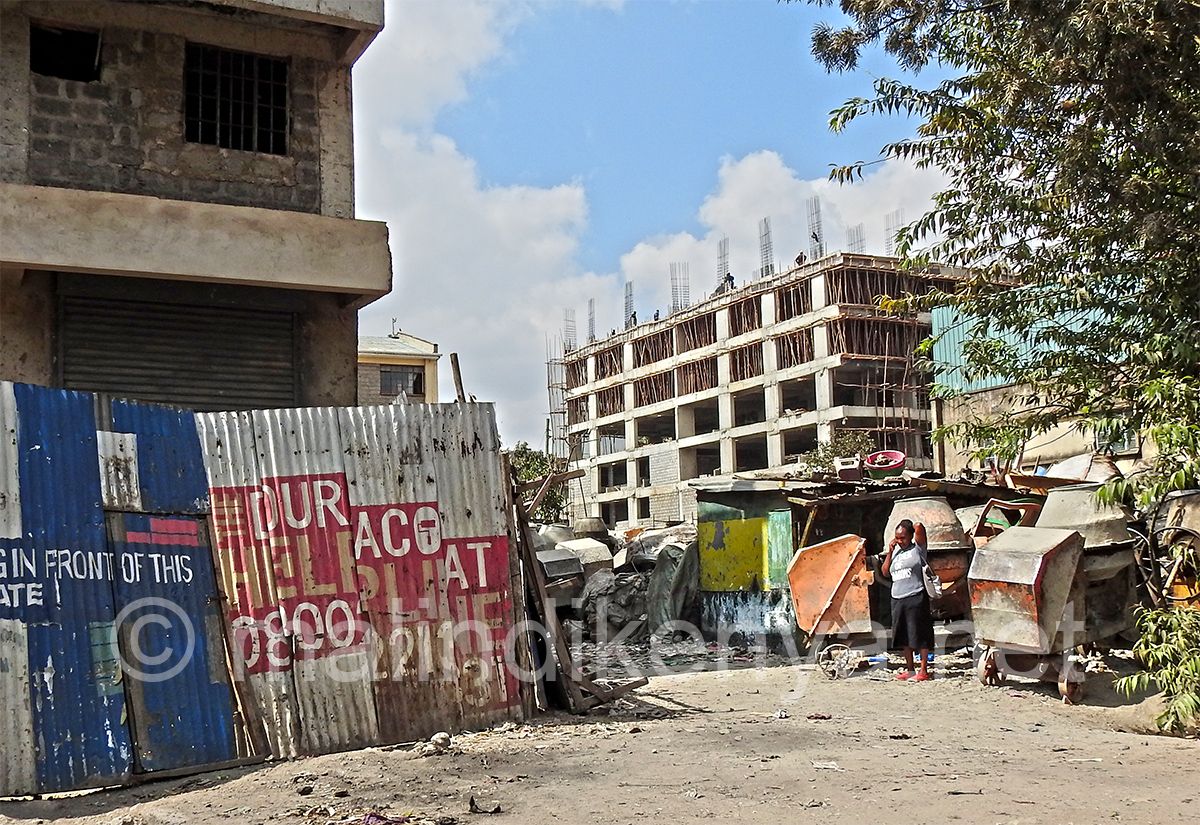
Looking at the working-class neighborhoods and urban belt of Nairobi, one would think that Kenya has taken an almost backwards path to that of postwar Italy: in us, reconstruction, economic boom, building speculation, austerity, and the wild growth of the 1980s with accompanying cheerful conception of contracts, permits, and bureaucracy. In Kenya, independence, power of the few, exponential growth and building speculation hand in hand with cheerful conception. And boom always so hand in hand with inflation and debt.
On the one hand it's all development, skyscrapers and megavilles, on the other the capital already begins to creak in its wild building, of low-grade chinoiserie, licenses and controls bought at the market of opportunism and sloth. Paradoxically, in the land of social inequality, it is neither the very rich nor the wretched wretches some like to call "last." But it is the petty bourgeoisie, the common people, those who can afford to rent an apartment or dream of one in one of the city's many buildings under construction, perhaps while there working as a bricklayer or painter.
Within a week on the outskirts of Nairobi, three buildings of five, seven, and eight stories collapsed.
Two of these were under construction. The first in the densely populated Embakasi neighborhood showed some cracks in the walls last Wednesday morning, so much so that workers at the site alerted their foreman and asked him to check, calling in the city's surveyors to check on the state of the structure. No dice, the surveyor wouldn't hear of it, and work continued. After a few hours, as always in an instant, the collapse. Ten people were left under the rubble: five are gone and as many are struggling with life in the hospital and if they get out they will never be the same. We were in Embakasi during the writing of the book Nairobi, and Leni photographs just one of these structures that seemed to have come up in different geological eras and gave the impression already of swaying with the wind. I believe that in the absolute misfortune of even a mild earthquake, little more than dust would remain of this neighborhood of nearly half a million souls.
Two days later in the small town of Ruaka, in the capital's hinterland, another similar incident.
Ruaka is one of the booming areas. Here young middle-class couples go to live in the apartment they have dreamed of for years, furnished on installments and pulled together just as we Italians did in the 1970s.
Here, however, builders, thanks to nonexistent inspections and a far west of bureaucracy, pull out all the stops on prices and the quality of building materials, often investing everything on the facade of mansions that attract buyers as procucuous and glamorous starlets but seen from behind are repulsive skeletons aged even before they become adults. In Ruaka, vertical development is the child of aggressive subdivision of the often uneven and steep terrain, so that a seven-story building manages to stand between two single-family cottages on a single level. In one of these modest cottages lived a husband and wife who on Friday night were crushed by the subsidence of the building they had next door and whose work was proceeding at a snail's pace. Sudden bang at 4 a.m. and the ecomonster devoured the couple, who were guilty of being in an area of greedy investors. The owner of the building, a certain Jeniffer with two "f's" and no hair on her stomach, faces a manslaughter conviction, assuming justice behaves better than those who gave her the okay for the work to go ahead.
The latest building to collapse in Ruiru, a town north of Nairobi along the highway leading to Thika, on the other hand, made people cry out for what really could have turned into a massacre. The six-story building was not under construction, but inhabited for years by a hundred people. It was the tenants themselves, no doubt awed by what happened a few miles away, who noticed last Sunday some large cracks in the columns that supported the building's entrance.
Upon viewing the barracks, they found more and called the local authorities.
With the arrival of the fire department and the Kiambu County Governor, there was time for the families to retrieve their belongings and find someone to house them. A school and church were also made available until thorough checks could be made the following day. On Sunday evening, a few hours after the evacuation, the entire building collapsed.
How many thousands of people as of this week know they are sleeping in a powder keg that could blow up at any moment? How many will ask homeowners to call those who should be doing the inspections and in the past have not or turned a blind eye and opened a hand to their generous pleas?
Crumbs and iron, dust and ingots. This is Nairobi, too.
NEWS
by redazione

Kenya is a country where it is definitely worth investing its economic resources to make them pay...
CORONAVIRUS
by redazione

The cases of Covid-19 in the country continue to increase, particularly in the two most populous cities, and ...
BUSINESS
by redazione
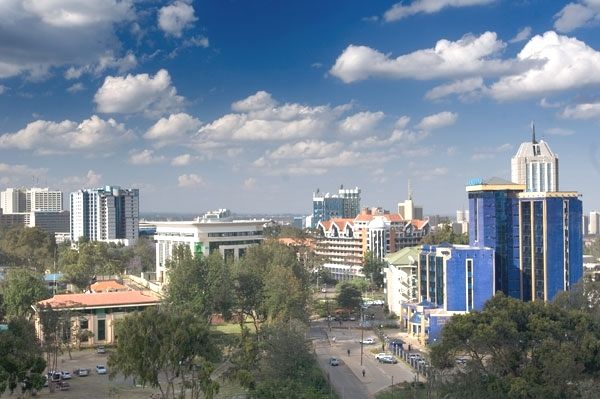
Six months of campaigning and three months of post-election have slowed down Kenya's plans for economic growth, but they do not seem (luckily) to be able to stop the country's development in terms of infrastructure and foreign capital investment in...
EVENTS
by Leni Frau
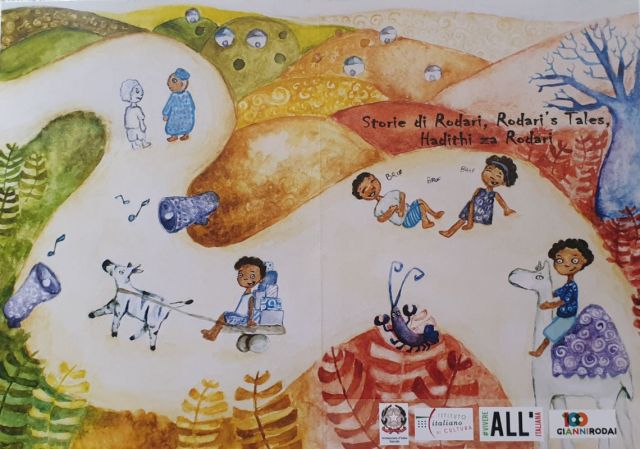
The children's fairy tales of the unforgettable Italian writer and educator Gianni Rodari, land in...
BOOKS
by redazione
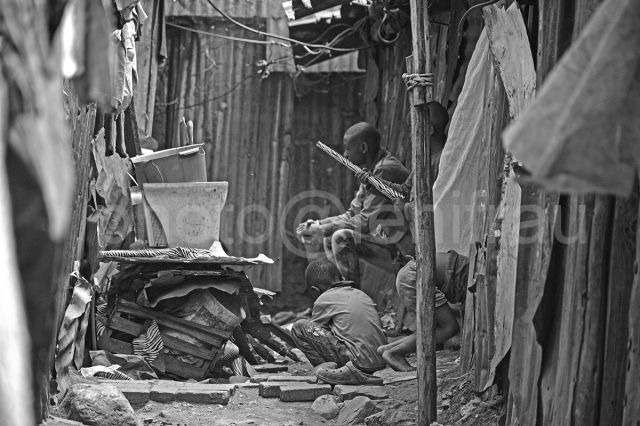
Having happily ended the presentations organized with the Italian Cultural Institute and combined with...
by Freddie del Curatolo

On the one hand the era of computer graphics, 3D printing, photoshop, and robots that draw.
Across a Continent, the African one, which grows twice as fast as the limping Western world and that, at least in big cities like...
CHANGING KENYA
by Freddie del Curatolo
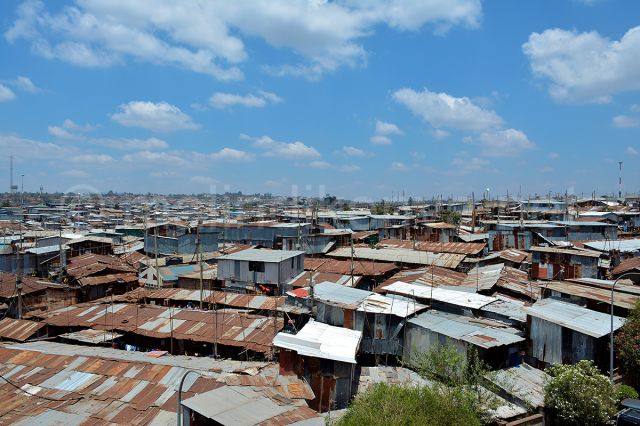
Kibera Goodbye.
At least in the words of Kenyan...
WEATHER
by redazione
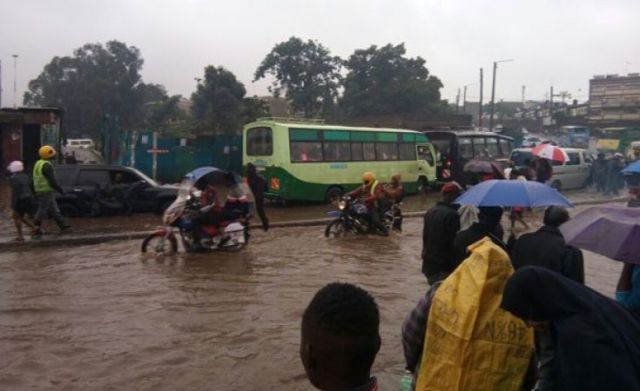
First signs of the big rainy season in Kenya.
For...
CULTURA
by redazione

Ahead of the two authors' arrival in Italy for Rivista Africa's Kenya Festival on 30...